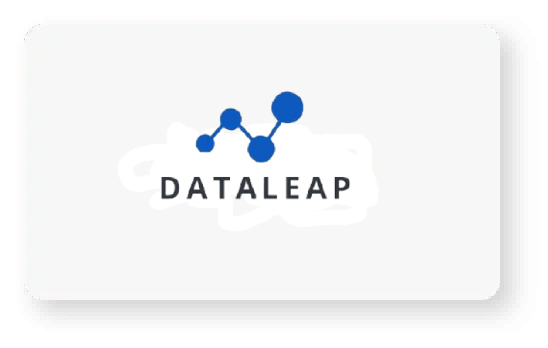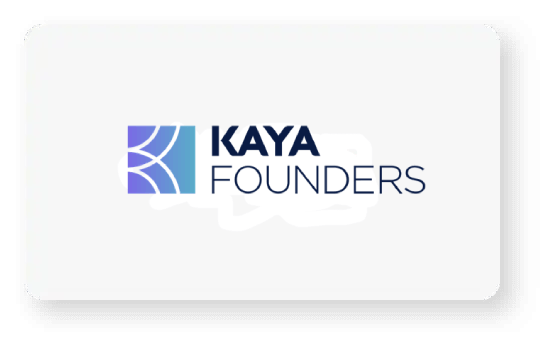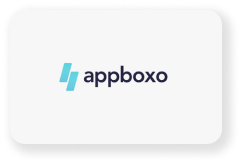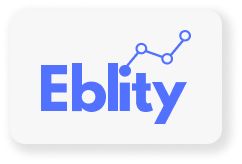Fueling Business Growth With Expert Accounting & Financial Services!
At Growwth Partners, we provide more than just accounting and bookkeeping services. Our customized financial solutions ensure that each client receives personalized attention and expert advice tailored to their unique business needs.

Trusted over 200+ startups/businesses around the world
Curious to learn more? Book a free call with our expert to discuss your business needs and save time and effort.


























Our Services
We provide tailored financial solutions to help your business thrive. Our expert team delivers personalized services designed for your unique needs.

Accounting & Bookkeeping
Comprehensive bookkeeping and accounting services to keep your financial records accurate and up-to-date.

Company Incorporation
Efficient company formation services to help you start your business smoothly and legally.

Startup Growth Service
Tailored support and strategies to accelerate the growth and success of your startup.

Company Secretary
Professional company secretarial services to ensure compliance with statutory requirements.

Fractional CFO
Experienced, part-time financial leader providing strategic CFO-level expertise cost-effectively.

Payroll Services
Reliable payroll management services to ensure timely and accurate payment of your employees.
Our Achievements
Marketing experts in your niche with proven ROI results, backed by unbiased monitoring. Consistent unbiased monitoring to assure optimal results and accountability.

Best Fractional CFO Award
The Golden Globe Tigers Awards for Excellence in Banking, Financial Services and Insurance (BFSI) held on 8th May, 2024 at Pullman Kuala Lumpur City Hotel & Residences, Malaysia declared Growwth Partners as the "Best Fractional CFO Services" provider in the APAC region.

Xero Certified Partner
Growwth Partners is a Xero Silver champion partner after working on 500+ Xero accounts of clients and helping them streamline their books on the software and helping them scale financially.

Launch of Ryzup.ai
We launched our cutting-edge AI powered strategic finance and growth tool for start-ups, SMEs, growing companies by providing 24/7 access to an experienced AI CFO and growth catalyst at a fraction of cost.
Service Personalisation Like Never Before
Unlike automated services offered by other firms, we emphasize personal interaction and customized solutions. Our clients always know who they are speaking with, ensuring consistency and trust in every communication.
Our Clients Love Us Because..
Trust Value
With Growwth Partners, you'll always know who you're talking to. We assign dedicated team members to each client, fostering strong, trust-based relationships.
Professionalism Value
Our team of experienced professionals is dedicated to providing top-notch financial advice and services. We go beyond basic bookkeeping to offer comprehensive financial insights and strategic guidance.
Strong Leadership Value
Our CEO Jatin Detwani is amongst the Top finance professionals globally and has been awarded as Asia's Greatest CFO award.
Affordability Value
Growwth Partners offers high-quality financial services at competitive rates. Our customized approach ensures you only pay for the services you need, making our solutions both effective and affordable.
Worked with 500+ startups, investors, founders, MNCs in Asia and helped them in their financial journey
Our work and fee structure (equity, cash, and others) reflect our long-term commitment as partners. We firmly believe that we can only grow if our clients grow.
Our team has worked with businesses of various sizes, including entrepreneurs, start-ups, international corporations, domestic corporations, private equity, venture capital, and government/public sector organizations.
Did You Know Your Business Can Now Afford a CFO?
Our clients benefit from our CFO advisory services, which include 10-20 hours of dedicated financial support each month. This unique service provides strategic insights and financial expertise that set us apart from standard accounting firms.
Our Happy Customers
Finance made simple with our services. Not trusting our words? Hear what our clients are saying about us and our services.
Ellie Curran
Ex Co-Founder & CEO, CoLab
Migara Tennakoon
Founder & CEO, Peace Lily
Hear directly from our satisfied customers about their experience working with Growwth Partners.
Ready to Transform Your Business Finances?
Partner with us for expert accounting, bookkeeping, and financial advisory services tailored to your business needs. Let's grow together!
